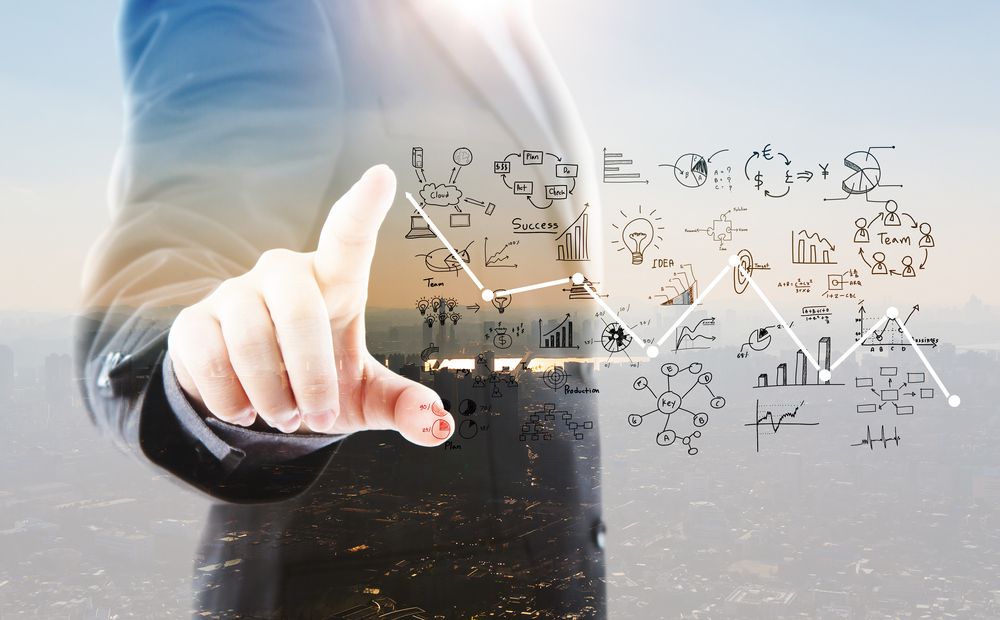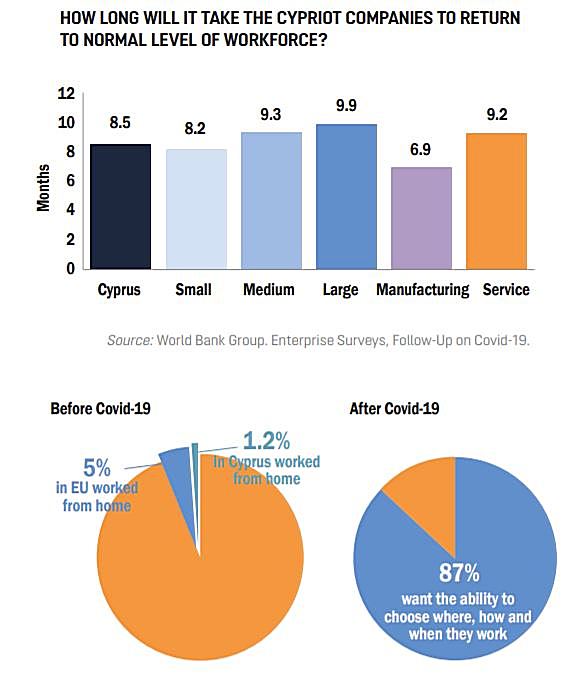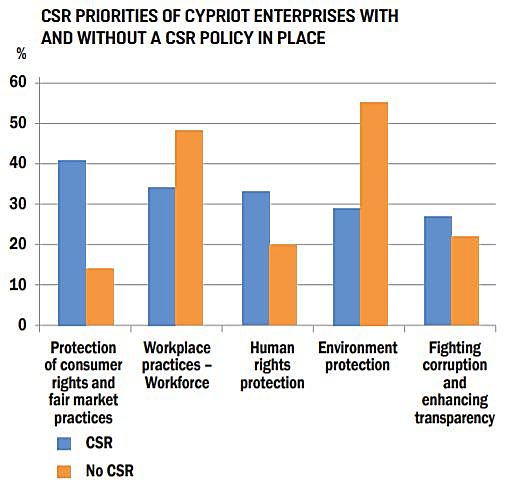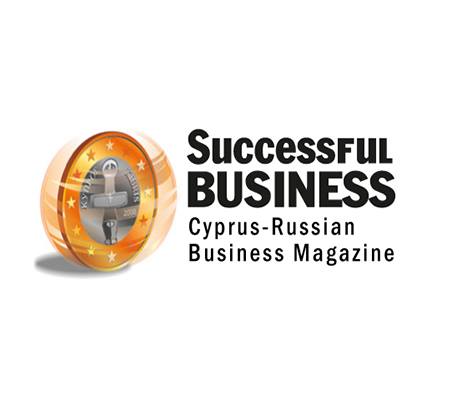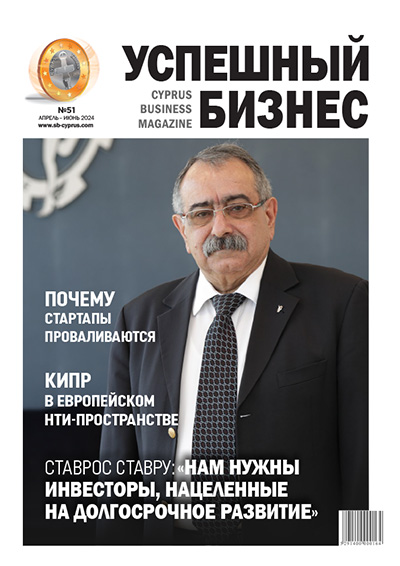In 2020, for all kinds of businesses and organisations around the world working remotely became the new normal that they will continue to adapt to in 2021. Leaders have to rethink how their organisations operate, how staff are connected and supervised, whether the business model is still sustainable or their office space appropriate, etc. One of the implications is embracing the “anywhere operations” model, i.e. for the business to be accessed, delivered and enabled anywhere, which is now key to survival. In this model, customers, professionals, and partners all operate in physically remote and digital-driven, cloud-based environments.
This does not always mean cancelling physical space altogether, but it is being reconsidered. In the "new-normal" office space, social distancing protocols will have to be strictly upheld. This will change the design, e.g. more contactless and surveillance technologies; the work schedule, e.g. more flexibility to avoid overcrowding; the office non-work routine, e.g. no more buffet catering; and so on.
At the same time, some companies are abandoning offices altogether, having realised that their teams may as well work remotely, and redirecting the money into a more powerful IT infrastructure instead. New applications for the freed-up space will need to be developed, which will lead to major reshuffle on the real estate market.
Then, of course, there is a home office, another pandemic-driven change in how people work and live. With employees working from home, advantages such as having a nice office space or free lunches are not relevant anymore. New types of support are required, such as having the right office equipment, or flexible schedule to accommodate childcare, and new types of administration, such as powerful and secure IT systems, or enhanced remote monitoring.
CHANGE OF PRIORITIES
The pandemic-caused changes in how we work are definitely broader than just going remote. With less socialising and fewer leisure activities to engage in, for many, Covid-19 has triggered reassessment of work-life balance and, most importantly, the meaning of what they do.
Young (but not only) professionals across countries and industries are switching companies and sectors, retraining, or becoming entrepreneurs. There is a trend to have more purpose and meaning in a job, and companies that can offer neither will struggle to attract talent and customers. Another increasingly important factor brought to light during the pandemic is whether a company is aware of the environmental impact of its activities and works to make those more sustainable.
Employees as well as clients are looking at organisations to contribute to the required changes in society. As a result, ethical leadership and embracing the corporate social responsibility policies will come to the forefront. It is hard to say whether these changes will touch Cyprus, because just a couple of years ago researchers studying CSR applications in Cyprus noted that “Cypriot SMEs… are very reluctant to adopt formal CSR policies due to a perceived risk of increased company costs (without tangible financial profits).” In other words, Cypriot firms are still to be convinced that CSR is an investment and not merely a cost. Time will tell whether new generation of workers, now coming to the market, will be able to shift this perspective.
INTERNET OF…
With the increasing mass of devices connected to the internet, from smartwatches to surveillance systems to home appliances, it is clear that the Internet of Things (IoT) is no longer a futuristic idea but a reality. Even in Cyprus, which is not particularly known as a technologically advanced country, there are intentions for smart cities and real-time integrated infrastructure in the public sector, healthcare, transportation, and other fields.
What comes next is the Internet of Behaviours (IoB). A build-up on the IoT, this next stage is about using the "digital dust" of data coming from all those connected "things" and turning it into information used to influence our everyday behaviours in both digital and physical world.
These data come from an abundance of sources, e.g. commercial customer data; citizen data processed by publicsector and government agencies; social media; facial recognition; location tracking, etc. A smartphone is an ideal tool to track the user’s both online and offline activities. To brands, this gives information about one’s interests, dislikes, political preferences, and purchasing patterns, i.e. the in-depth, personalised understanding of their clients whose future behaviour they will be able to predict or, in fact, influence.
According to Gartner, by 2023 individual activities of 40% of the global population will be tracked digitally in order to influence behaviours, and by 2026, over 50% of the world’s population will be exposed to at least one IoB programme, whether that comes from the government, or a private company.
All these raise some very serious questions about user privacy and cybersecurity. The IoB approach, interconnecting personal data with decision-making, demands change of mostly pre-digital cultural and legal norms, and governments around the world only begin to look into these matters.
To be continued
Sources: forbes.com, hrtrendinstitute.com, gtm-plus.com, cyprus-mail.com, bloombergquint.com, financialmirror.com, finch.com, nnip.com, unctad.org, oecd-ilibrary.org, globalwebindex.com, contactpigeon.com, virtualreality-news.net, eiu.com, statcdn.com, ec.europa.eu, www3.weforum.org, www.pwc.com.cy, zdnet.com, financesonline.com, rise.org.cy, dgepcd.gov.cy, bbc.com, enterprisesurveys.org, classeditori.it
